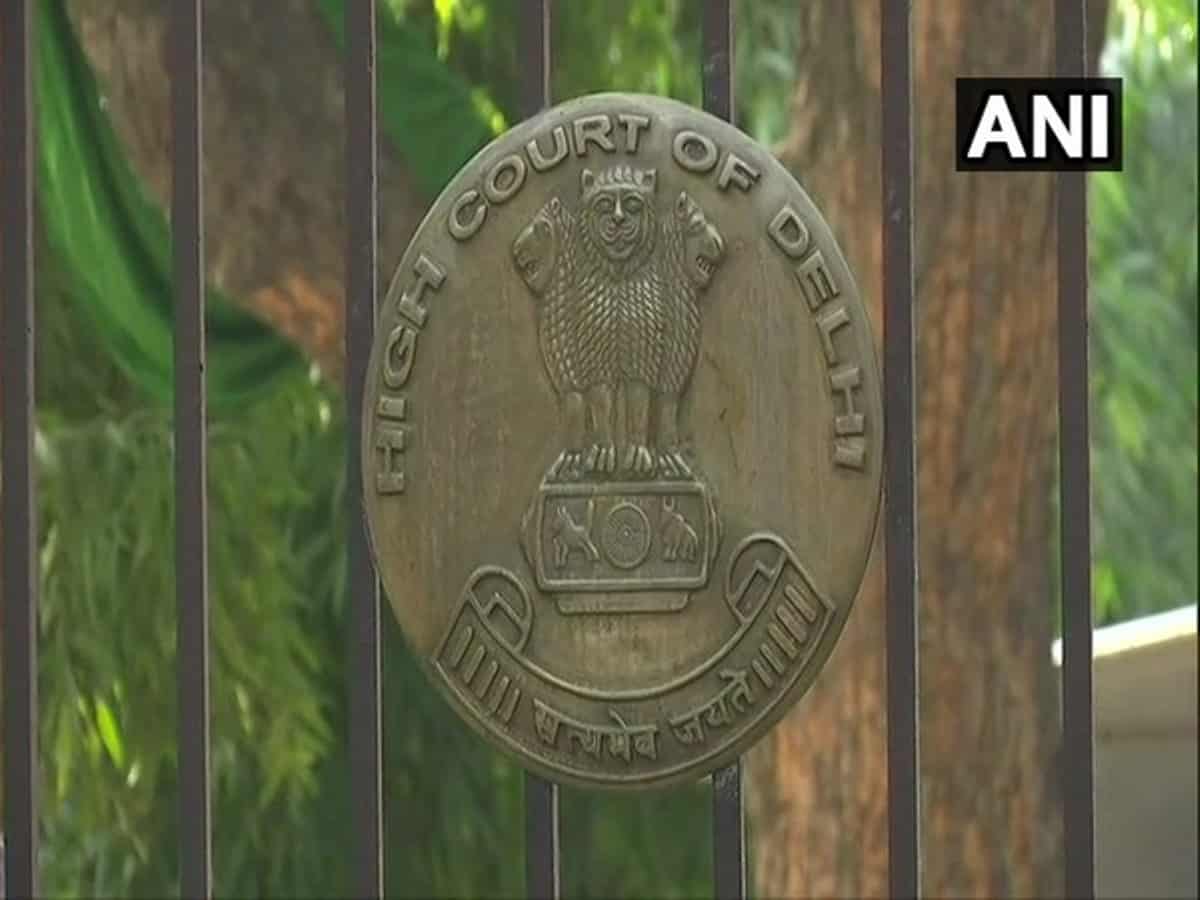
New Delhi: The Delhi High Court Monday denied bail to a school teacher, accused of repeatedly raping a girl student, saying the forensic evidence was strongly against the man and there was no reason to disbelieve the victim’s statement.
The high court said as per the forensic report, the man’s DNA matches the DNA found on certain exhibits relating to the girl’s sample collected during the investigation.
“There also appears to be forensic evidence that reads strongly against the petitioner (man), in that the forensic report says that the petitioner’s DNA matches the DNA found on certain exhibits relating to the prosecutrix collected during investigation.
“Considering that the interaction between the petitioner and the prosecutrix is supposed to have been only that of a teacher and a student, it remains to be explained as to why the DNA matches,” Justice Anup Jairam Bhambhani said.
The high court said the prosecution has also collected CCTV footage which shows the petitioner man and the prosecutrix together entering a hotel room.
“Again, at least at this stage, there is no explanation that would belie what is seen in the CCTV footage. Again, it remains to be explained as to why, if the footage is genuine, did the petitioner and the prosecutrix go together to a hotel room and at whose instance,” it said.
It said when the court is considering a bail plea, no final conclusions are sought to be drawn, one way or the other.
“What can be said with some certitude however, is that the allegations in the present case require cogent answers before they can be discarded,” the court said.
“Even more importantly, in the circumstances obtaining in the case, in particular the relative social standing of the petitioner vis-a-vis the prosecutrix and the societal milieu, this court is not sure that the petitioner would not influence witnesses or flee from justice or otherwise attempt to prejudice the trial of the case, if he is enlarged on bail,” it said.
According to the prosecution, the man and the girl were acquainted as he was her school teacher and also used to give tuitions to her. The girl had alleged that the man repeatedly raped her and some of the incidents took place even when she was a minor.
According to the girl, she attainted majority in January 2022 and the last incident of sexual assault took place in June that year.
The counsel for the girl argued that the man was more than double the age of the prosecutrix in April 2021 and had a daughter who was junior to her. Being her teacher, he was in a position of trust which he abused, the lawyer said.
The counsel argued that the man abused his position to “manipulate and coerce” the prosecutrix into the act, though the attempt now is to make the situation appear consensual.
The man’s lawyer contended theirs could only be a case of consensual sexual intercourse and claimed the girl’s version cannot be believed.
He said the man has been in judicial custody since June 27, 2022 and has clean antecedents, with no prior criminal involvement. He contended no purpose would be served by keeping him in further custody.
While dismissing the bail plea, the high court said it cannot ignore the fact that since the man and the girl were interacting as teacher and student, the alleged offence, if proved during trial, takes an egregious and aggravated form, in view of the specific statutory mandate under section 376(2)(f) of the IPC and Section 5(f) of the POCSO Act.
While Section 376(2)(f) of IPC refers to (whoever being a relative, guardian or teacher of, or a person in a position of trust or authority towards the woman, commits rape on such woman), Section 5(f) of POCSO Act speaks of (whoever being on the management or staff of an educational institution or religious institution, commits penetrative sexual assault on a child in that institution). These charges, if substantiated, render the offence of rape even more grievous.



